WATCH BOX OFFICE MOVIES FOR FREE
Horror Movies Are Still Pushing Boundaries And Trying New Things, Even If Most Blockbusters Arent

This past weekend, A Quiet Place debuted in theaters, smashing expectations and claiming the second highest three-day opening of the year. The horror film enjoyed a healthy amount of buzz since its premiere at SXSW and rode into the weekend with major critical acclaim. John Kraskinski's film is a masterclass in tension, and the kind of movie that demands to be seen in theaters, provided the audience has proper theater etiquette of course. This bona fide horror hit may have seemed like an anomaly less than a decade ago, but A Quiet Place is just the latest in the genre to land in a critical and commercial sweet spot in the last couple of years as a part of the ongoing horror renaissance.
After watching A Quiet Place and seeing the audience engagement with the film over the weekend, I began to think about why this movie hit in the way it did and what is really driving this new wave of modern horror classics. After all, the horror genre never went away, but we are now seeing horror capture the zeitgeist and critical recognition in a way it hasn't in ages. The conclusion that I came to is that horror movies are pushing boundaries, telling new stories in new ways and that it is this originality that audiences are craving in an age where we are bombarded with by-the-book studio films on a near-weekly basis.
Full disclosure upfront, I'm not traditionally a horror guy. I don't dislike horror movies, but I've never sought them out. I often found them to be not very good films, relying too much on gore and shock value versus actually telling a compelling and scary story. Although, of late, I find myself intrigued by the quality horror films out there that have something to say, and do so in an original way. There are obvious exceptions, of course, and the independent scene is always pushing the envelope, but in terms of wide-release movies that the average person can see at their local theater, nothing matches the fearlessness of filmmaking taking place in the horror genre at the moment.
On paper, the premise of A Quiet Place doesn't sound especially remarkable. Where A Quiet Place succeeds and breaks ground is in form and execution. John Krasinski's movie provides a theatergoing experience unlike any other. A Quiet Place is far more than a monster movie. There is no exposition, no voiceover narrative to establish the world for you and tell you what's going on. As an audience member, you are challenged to pay attention because this film will not wait for you. It's so unlike what else is out there that it was even difficult to market the movie. This is practically a silent film, where the actors need to communicate and convey emotion without the benefit of pages and pages of dialogue. This wide-release movie asks audiences to (gasp!) read subtitles as its actors primarily use sign language to communicate. And it tackles the struggles of parenthood, all while scaring you out of your seat. That movie made $50 million last weekend. That's incredible.
A Quiet Place is just the latest chapter in a horror renaissance that is pushing boundaries and trying new things. Just last year, Jordan Peele burst onto the scene with his Academy Award-winning film Get Out. Much like A Quiet Place, Get Out felt fresh and new and original. Heck, it even revived a sub-genre: the social thriller. Get Out thrilled, entertained and even made us laugh, while telling a unique story that people hadn't seen before and one that served as a brilliant metaphor for real societal issues. The Witch, It Follows, Don't Breathe, The Babadook, Raw, the list goes on with recent horror films that have upped the quality of the genre by trying new things in terms of form, content and message.
If we consider the studio landscape at present what do we see: an endless string of franchise starters, cinematic universe hopefuls, reboots, remakes, sequels and all manner of half-animated explosion-fests that rarely stand out from the crowd. The critical and/or box office disappointments of recent years, movies like The Mummy, King Arthur: Legend of the Sword and Pirates of the Caribbean: Dead Men Tell No Tales are all examples of a blockbuster landscape that feels stale. If you look at all the big movies heading to theaters, how many truly stand out? It's amazing how so many different movies can all look and feel the same.
You may be entertained by the latest blockbuster, but how often do they surprise and challenge you? How much space does it take up in your mind, or do you stop thinking about it not long after you leave the theater? Many studio movies these days are simply safe, rote, paint-by-numbers affairs that might entertain but fail to engage or inspire. That is why there is often such a backlash against reboots and remakes, with audiences wondering aloud if Hollywood has run out of ideas.
Now it would be disingenuous to not acknowledge the business realities of the industry that contribute to this. The horror genre has always had films that have succeeded financially simply by the luxury of budgets so low that just a passing curiosity from audiences will cover them at the box office. Yet recently, studios like Blumhouse have been at the forefront of low-budget horror that not only delivers financially, but also elevates the quality we expect from the genre. Low-budget films can take chances because they can afford to. With so little money to recoup, the risk is relatively small. With each zero added to a film's budget, the financial risk increases exponentially. Accordingly, the reins on a film's originality are tightened to compensate, not allowing the carriage to go in new directions for fear it will fall off a cliff. That is why returning to tried and true properties and modes of storytelling is so common. It is the safest option.
The studio blockbuster landscape isn't entirely devoid of originality and innovation. A film like Valerian and the City of a Thousand Planets tried to do something weird and new, but failed spectacularly, proving that originality sometimes isn't enough. Logan was an incredible character study that took a grounded approach to a superhero blockbuster. Star Wars: The Last Jedi set off a fandom civil war because of its bold storytelling and the way it tried new things even within an established franchise. And Christopher Nolan's Dunkirk was practically an experimental film in terms of structure. So the major studios can clearly put out films, even blockbusters, that are original and that try new things. But they are the anomalies.
Perhaps it is the absence of the mid-budget film and true diversity in the marketplace that has horror genre so hot right now. Whatever it is, horror is pushing boundaries and trying novel ideas in creative ways unlike most studio blockbuster films. If you're a film fan who has always ignored horror, you owe it to yourself to try something new and give films like A Quiet Place the chance to scare you.

I don't even think this is scary enough to even be considered a horror movie. But, I still like it. It doesn't deserve the critical praise that it gets, but I don't hate it. CORRECTION: jaws is a horror movie, anyone that says that this movie isn't a horror movie doesn't know anything about horror movies. V 6 Comments
What kind of things do you NOT want to see in a horror film?

At what age can my teen watch horror movies? Pushing boundaries is a huge part of the movie-going experience for teens, but a lot of what's marketed to them -- for example, psychologically disturbing movies such as the V/H/S series -- are too mature.
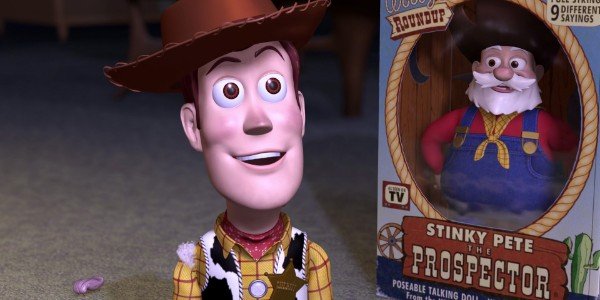
So many men, even the more enlightened ones, still view women as wilting flowers who passively take everything thrown at us and hide behind our fingers when the scary scenes happen. Helpern notes that men and women aren't so different when it comes to horror:
Has the horror genre lost its novelty in movies? If yes, then

Euro Horror movies vs American Remakes I wanted to start a thread that really has affected all of us, ''the horror fan.'' The rise of the Euro- Horror craze and the disembowling of the american horror film.
The 100 Best Horror Movies of All Time - Page 8 of 10 - Slant
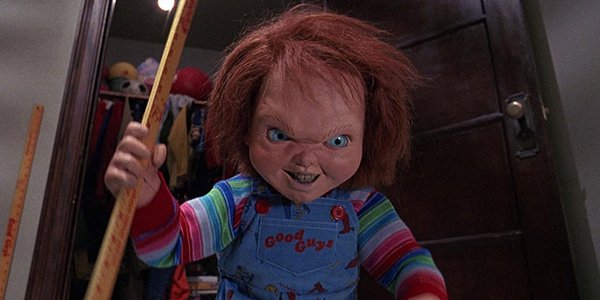
Finally getting around to working on my script and one of the things I love is seeing how far I can push boundaries. What things do you see in horror films that make you think that's too far? Edit: Thank you Reddit. I'll take all of this into consideration. Don't understand all the downvotes though
Euro Horror movies vs American Remakes
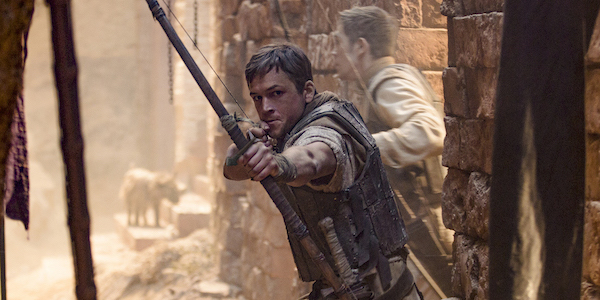
There's a ton of experimentation and novelty out there, it's just not happening in the major studios (and never has). Movies like The Innkeepers, V/H/S, and The ABCs of Death are all highly innovative reconstructions of the genre.
15 Most Ridiculous Horror Movies Ever Made | ScreenRant
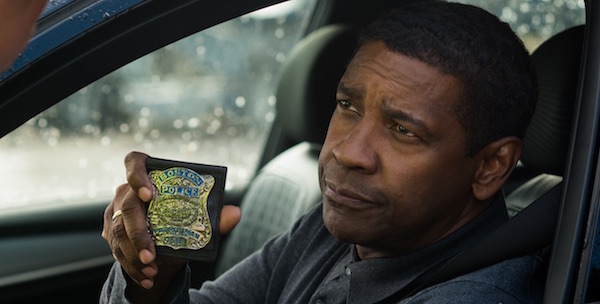
Subscribe To Horror Movies Are Still Pushing Boundaries And Trying New Things, Even If Most Blockbusters Aren't Updates
Get Out - CINEMABLEND
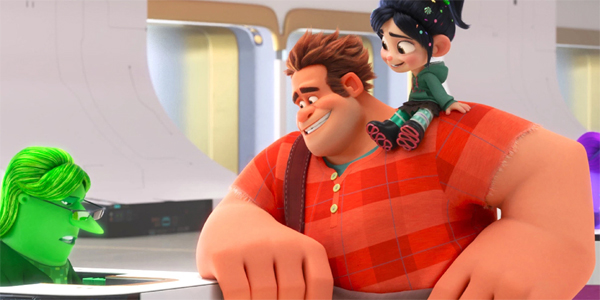
Horror Movies Are Still Pushing Boundaries And Trying New
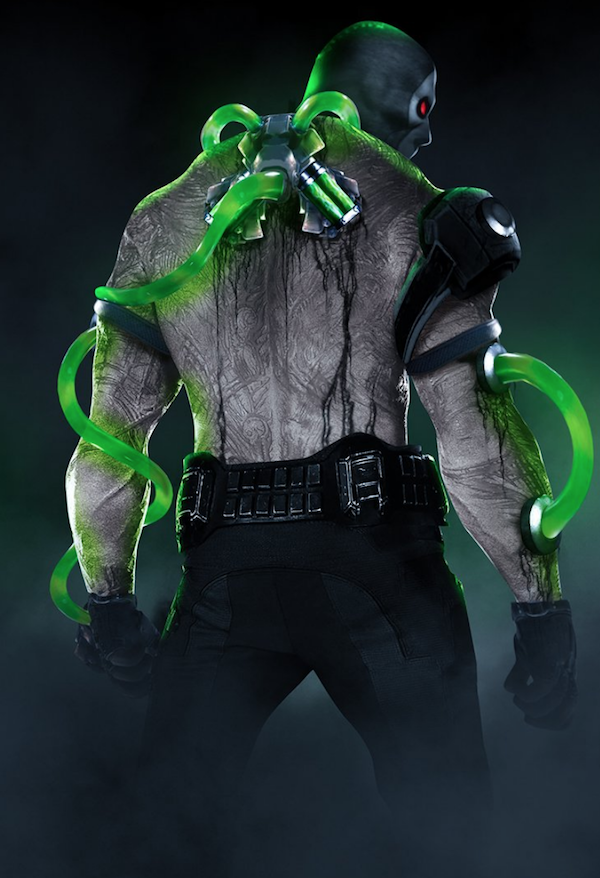
So to celebrate horror's totems of unbridled craziness, Screen Rant has compiled a list of the 15 Most Ridiculous Horror Movies Ever Made. Our selections range in taste level; some will be too overwhelmingly bloody for more squeamish viewers, while others might just be too deranged. "Ridiculous" can mean a lot of different things, after all.
Most Overrated Horror Movies - Top Ten List - TheTopTens®

Horror resents platitude, but the good horror film insists on the humanity that's inextinguishable even by severe atrocity. The 100 Best Horror Movies of All Time - Page 8 of 10 - Slant Magazine Film
At what age can my teen watch horror movies? - Common Sense Media
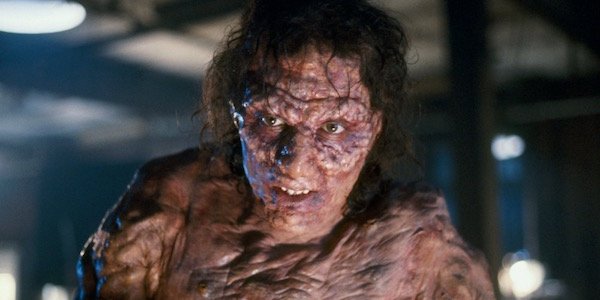
Horror Movies Are Still Pushing Boundaries And Trying New Things, Even If Most Blockbusters Aren't The horror renaissance is showing that the most fearless filmmaking is taking place in the
Women love horror: Why does this still surprise so many dudes

0 comments:
Post a Comment